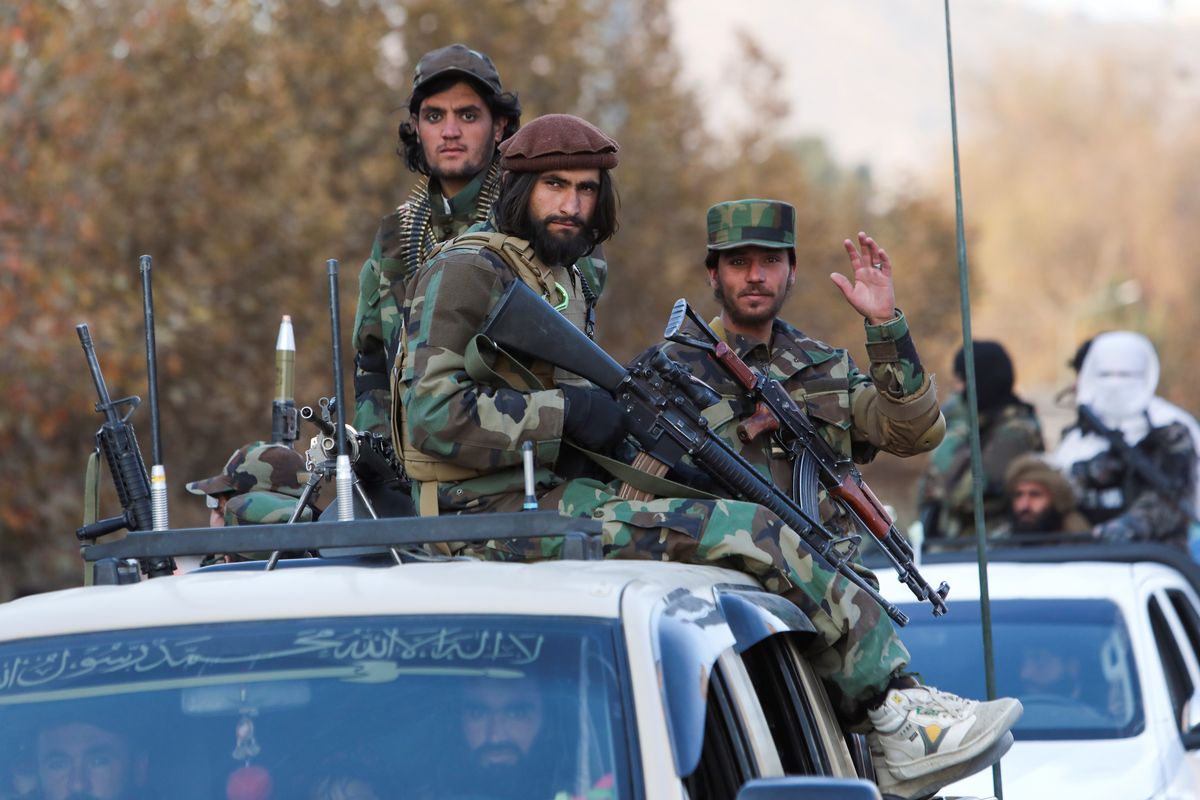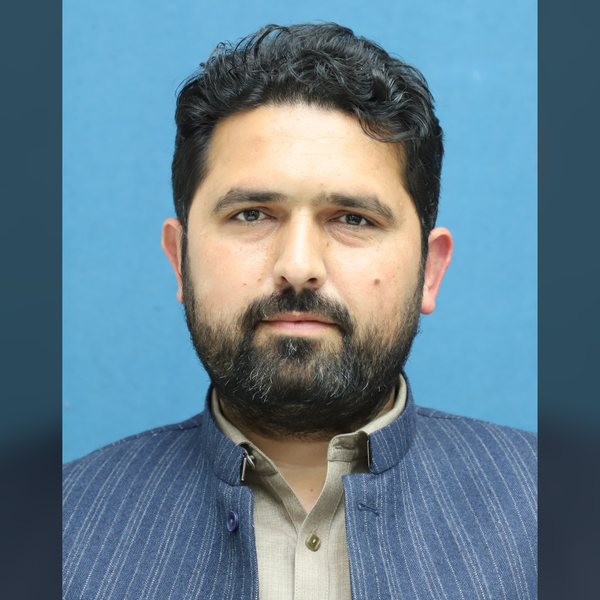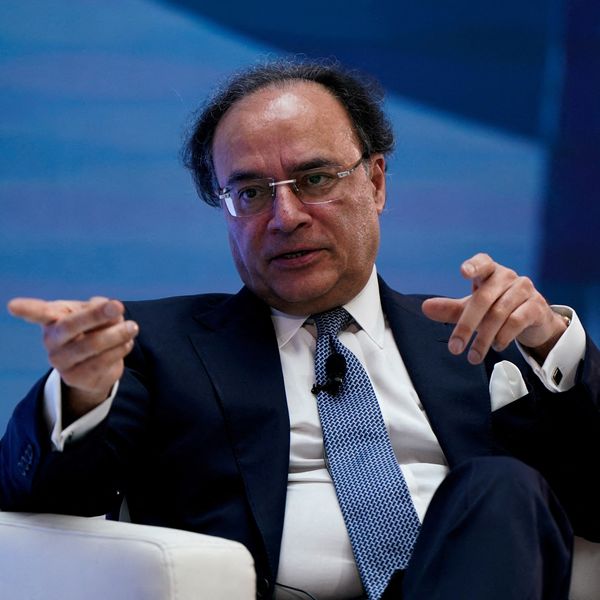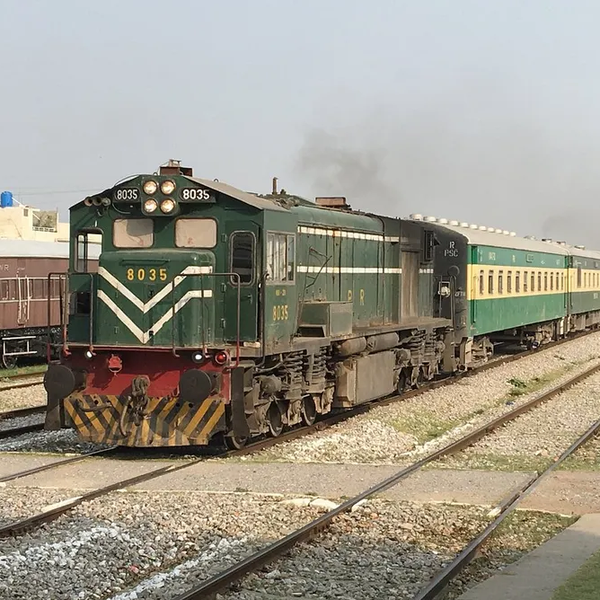Taliban official says jihad abroad forbidden, warns fighters against disobeying leadership
Senior figure says foreign fighting not sanctioned by Taliban; Pakistan, Afghanistan move to improve ties
News Desk
The News Desk provides timely and factual coverage of national and international events, with an emphasis on accuracy and clarity.

A senior Taliban official has said that fighting in the name of jihad outside Afghanistan is forbidden, stressing that such actions go against the group’s official policy.
Saeedullah Saeed, a military trainer at the Hamza Training Camp in Kabul, made the comments at a police graduation ceremony, according to local broadcaster TOLO News.
“There is no jihad for those who go abroad,” Saeed said. “The Amir-ul-Momineen [Taliban chief Mullah Hibatullah Akhundzada] has clearly ordered against such actions. If someone still chooses to go, it is a personal decision and not an act of obedience.”
He told recruits that knowledge and clarity were essential before acting in the name of religion.
“Before engaging in any act, one must have knowledge and clarity,” he said. “We must understand what our jihad truly is.”
Pakistan-Afghanistan ties thaw
The comments came as Afghanistan and Pakistan, long at odds over cross-border violence, have recently moved toward stronger diplomatic and economic engagement.
Earlier this month, the foreign ministers of Pakistan, China, and the Taliban administration met in Beijing. They agreed to expand the China-Pakistan Economic Corridor (CPEC) into Afghanistan and deepen cooperation under China’s Belt and Road Initiative.
The trilateral meeting, described by Pakistan’s Foreign Ministry as informal but significant, included Pakistan’s Foreign Minister Ishaq Dar, China’s Wang Yi, and Taliban acting Foreign Minister Amir Khan Muttaqi.
All three countries reaffirmed their commitment to the platform as a means of boosting regional trade, security, and infrastructure development. They also vowed to increase cooperation in counterterrorism efforts.
Long-standing tensions remain
Despite this diplomatic progress, relations between Kabul and Islamabad remain strained over security concerns and refugee policy.
Pakistan has expelled over 80,000 Afghan nationals since March as part of an ongoing deportation drive. Taliban leaders have condemned the expulsions, with Muttaqi raising the issue directly with Dar during recent talks.
Meanwhile, Pakistan has blamed the surge in militant attacks on Taliban-ruled Afghanistan. Over 60 percent of Pakistan’s reported terrorist incidents over the past 10 months took place in the border province of Khyber Pakhtunkhwa, killing 583 people, according to the Interior Ministry.
Islamabad has repeatedly urged the Taliban to rein in the Tehreek-e-Taliban Pakistan (TTP), which ended a ceasefire in 2022 and has since intensified attacks on Pakistani security forces and civilians.
Pakistani officials have also raised alarm over U.S. weapons left behind in Afghanistan. The Foreign Ministry in January warned that these arms pose “a profound concern for the safety and security” of the region.
While the Taliban claim the weapons are secure, UN reports and local sources suggest many have fallen into the hands of militant groups.
In May, Pakistan’s Foreign Minister welcomed a statement by U.S. National Security Advisor Michael Waltz and former President Donald Trump calling for the recovery of abandoned military gear.
Despite growing cooperation, tensions over security and extremist violence continue to test the fragile relationship between the two neighbors.










Comments
See what people are discussing